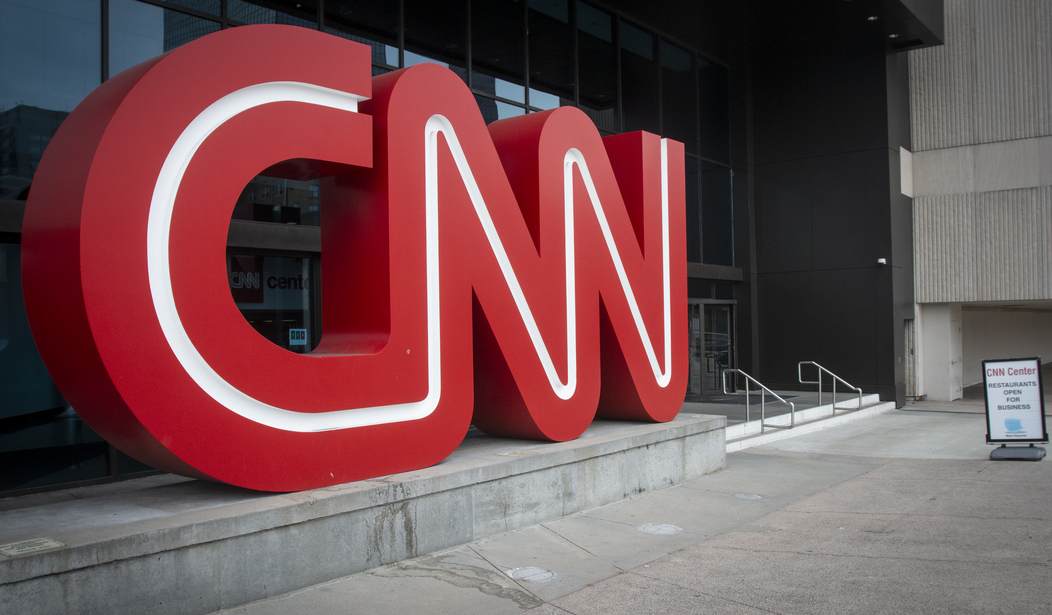The national media consider themselves essential in educating the electorate, so what happens when the electorate does not consider them a trustworthy guardian of democracy?
The Associated Press and the American Press Institute just released a poll on the 2024 election and found only 14% of their sample expressed "a great deal of confidence in election-related information they receive from national sources." By contrast, 46% have little or no confidence at all in the information they receive from national news organizations.
About half of Americans, 53%, say they are extremely or very concerned that news organizations will report inaccuracies or misinformation during the election. It's 83% if you count the middle option of "somewhat concerned." That has to hurt, since the media elites say "misinformation" is what other people offer.
When faced with poll after poll showing the media are not trusted, their failure to accept these results underlines the persistent lack of trust.
AP media reporter David Bauder turned to American Press Institute CEO Michael Bolden. "Years of suspicion about journalists, much of it sown by politicians, is partly responsible," Bauder said, paraphrasing Bolden. "People are also less familiar with how journalism works."
Let's be uncharitable for a minute. Reporters have sown "years of suspicion" about politicians. That's how investigating politician performance could be described. So why would investigating journalist performance draw complaints of sowing "years of suspicion"? Why can they never be evaluated for how they serve the public? Respect cannot merely be demanded. It should be earned.
Recommended
Bolden is implying that politicians have swindled the public, which paints the public as -- how did The Washington Post put it? -- "poor, uneducated and easy to command." Then he lobbed another insult, that people aren't familiar with "how journalism works."
Maybe these elitists should consider that news consumers might want a mostly factual, somewhat objective product instead of hyperbolic editorializing that tells them what they should think. Obviously, the Republican half of the public isn't going to support Democrat electioneering badly disguised as "news."
Since they refuse to consider any bowing to objectivity, they have to dismiss any demand for it as ignorance of "how journalism works."
Bolden weirdly claimed this may be because most people don't have a journalist who "lived on their block." Since journalists won't meet you at the summer picnic or the trick-or-treat greetings, media outlets need to tell the public "what journalists do and how people reporting news are their friends and neighbors."
This sounds remarkably similarly to what NPR CEO Katherine Maher recently said to The Wall Street Journal as she dismissed bias complaints as a "distraction." Maher said, "We want to be able to speak to folks as though they were our neighbors and speak to folks as though they were our friends."
Curiously, they don't want to talk to Republicans like they're neighbors and friends. Remember short-lived CNN CEO Chris Licht meeting with Republicans trying to say trust us; we don't bite. That turned out to be A) untrue and B) fatal to his CNN career.
Brian Stelter channeled the national media arrogance under former President Donald Trump after Licht was dumped: "We were advocating for the truth, advocating for reality. Others felt that was left-leaning."
When you think reality has a liberal bias, you shouldn't be shocked when a lot of people change the channel.

























Join the conversation as a VIP Member